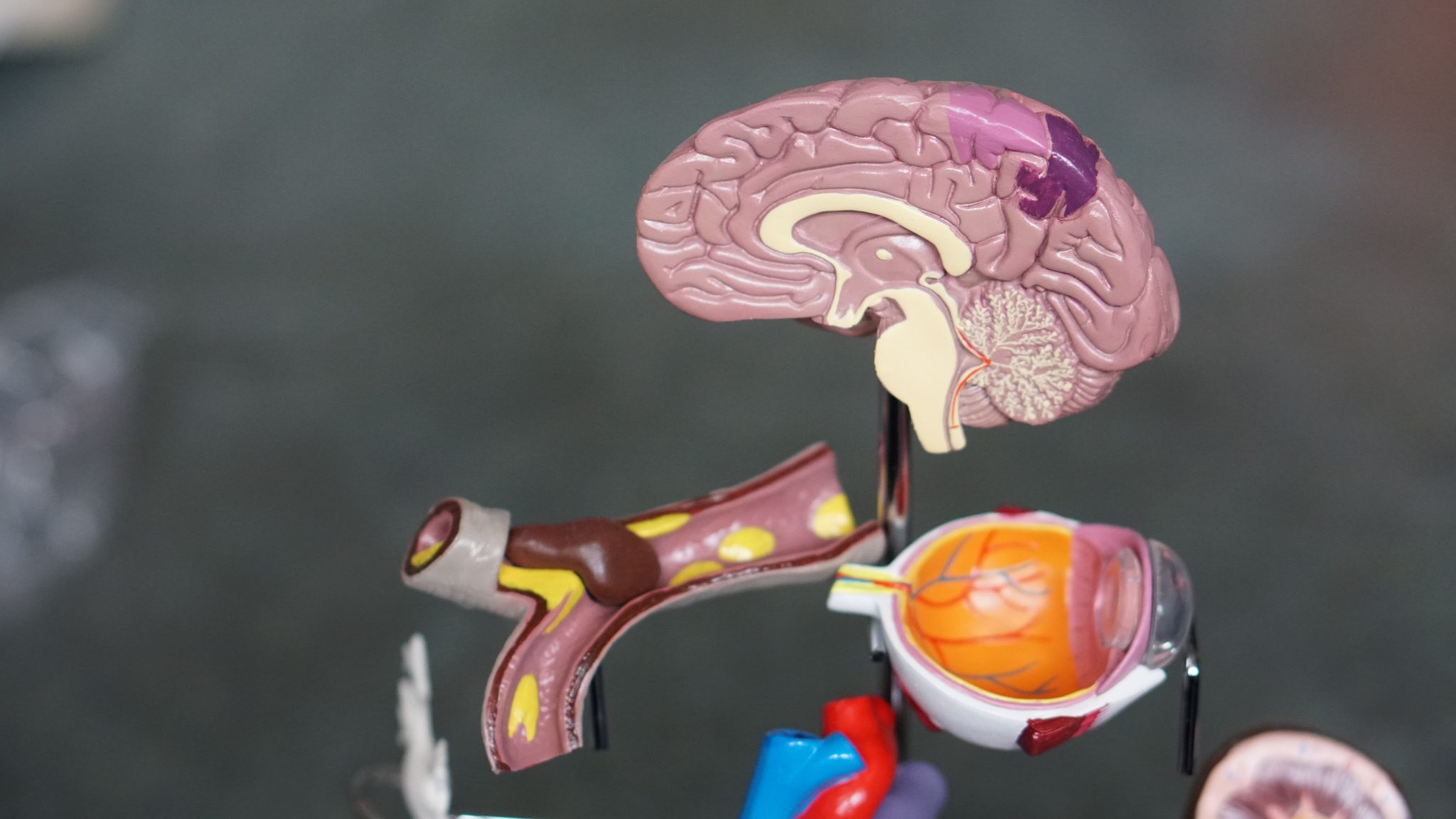Does Eating Late Affect Your Heart Health?
You know that eating lots of fatty or fried foods can be bad for your heart health, but did you know that eating late at night can also have an impact on your heart? As strange as it may seem, the time of day you eat can affect your heart just as much as it can contribute to weight gain.
Late-night meals can lead to increased cholesterol and triglycerides, as well as a higher risk of heart disease and heart attack.
We’ll explain how eating late can affect your heart health and why it can be harmful.
What’s the Connection Between Eating Late and Heart Health?
There may not seem to be an obvious connection between those late-night snacks and heart conditions, but the two are correlated with one another.
The study:
The American Heart Association has released research showing that eating later in the evening can relate to a higher risk of heart disease. The study conducted by Columbia University consisted of nearly 13,000 participants who tracked their eating habits for two days. Their blood pressure and blood sugar were measured and compared with their eating habits.
The findings:
More than half of the participants consumed 30 percent or more of their calories after 6 p.m. These evening eaters had higher insulin, blood pressure, and fasting blood sugar levels than the other participants who ate fewer than 30 percent of their calories after 6 p.m.
What this means:
A higher fasting blood sugar level is an indicator of prediabetes. This doesn’t mean a person will definitely become diabetic but if they don’t make some diet and lifestyle changes to manage their condition, it can develop into diabetes. The participants who ate later in the evening were deemed to be 19 percent more likely to develop prediabetes. Those with prediabetes are considered to be 70 percent more likely to end up with type 2 diabetes. The evening eaters also were found to be 23 percent more likely to develop hypertension, particularly if they were female.
Symptoms of Late-Night Eating That Can Affect Your Heart
So now you know some of the health conditions that can be correlated with eating later in the evening. Here’s how they relate to heart health.
Eating late interferes with normal blood pressure function.
Your blood pressure normally follows a pattern of rising in the morning to put you in a more alert state and falling in the evening to prepare you for sleep. When you eat, your blood pressure rises so eating late at night will spur higher blood pressure at a time when it should be dropping by at least 10 percent so you can relax and fall asleep. Chronic bouts of late-night eating will keep your blood pressure elevated more often which raises your risk of heart disease and heart attack.
Eating more meals later in the evening can raise your risk of diabetes.
Those midnight snacks can bump up your glucose and insulin levels. When this happens often, it can lead to prediabetes which escalates to full-blown diabetes if not managed. How is diabetes related to heart disease? Being a diabetic can increase your risk of heart disease, poor circulation, and atherosclerosis.
Late-night snacking can raise your cholesterol and triglycerides.
Over time, high cholesterol levels can lead to heart disease.
Eating late can contribute to weight gain.
Those who eat later at night tend to consume more calories overall than people who refrain from eating after 7 p.m. This can lead to weight gain since the body’s ability to burn fat may be impaired from late-night eating. You may store more carbohydrates while elevating your blood sugar and insulin which can lead to heart disease.
Does Eating Later Mean You’ll Get Heart Disease?
If you eat a late dinner or enjoy a bedtime snack, are you destined to have heart problems? Should you strictly stop eating after 6 p.m. to protect yourself from heart disease? While eating past 6 p.m. has been correlated with several health conditions that can lead to heart disease, it does not mean you’re guaranteed to end up with a heart problem. However, it can put you at a higher risk for heart disease.
What if You Can’t Avoid Eating Later?
If your schedule doesn’t allow for an earlier dinner, that doesn’t mean you have to skip it in order to decrease your risk of heart disease. Instead, make your evening meal a lighter one so that it won’t amount to more than 30 percent of your daily calories.
Some light supper ideas to try:
- A bowl of soup with a slice or two of baguette
- Vegetable stir fry topped with chicken or shrimp
- Pasta primavera- go heavy on the veggies
- Roasted salmon and veggies
- Veggies and crackers with hummus- this is great when you just don’t feel like cooking
What about if you do eat an earlier dinner but you find it difficult to go for the stretch between dinner and bedtime without a snack? For some people, this becomes a struggle due to low blood sugar or even taking medications or supplements in the evening that can upset their stomach if taken without food. You don’t necessarily have to do away with the bedtime snack. Just be strategic about what you choose to eat as it gets later in the evening.
Some good bedtime snack ideas:
- An apple or banana with almond butter
- A protein smoothie- just try to limit yourself to no more than one serving of fruit in your smoothie, so you don’t go overboard on sugar before bed
- Cheese and crackers- stick to a 1 oz serving of cheese to control your fat intake
- Oatmeal- choose unsweetened and flavor it with fruit and nuts
- Yogurt- opt for low-sugar varieties
Knowing that eating more than a third of your calories later in the evening can increase your chances of diabetes, high blood pressure, high cholesterol, and weight gain, you may want to start shifting your eating schedule toward the earlier part of the day. But using the tips above to lighten up your evening meals and snacks can help when it’s not possible to avoid eating after 6 p.m.
Summary
Now you know how eating late can contribute to health conditions that may lead to heart disease. You also have some strategies for choosing lighter meals in the evening when you can’t avoid those late dinners or snacks. Being vigilant about getting your heart checked out can be beneficial for your physical and mental wellbeing, so it’s important to visit your doctor regularly in addition to practicing healthy habits.
While a healthy diet and lifestyle are extremely helpful for a strong cardiovascular system, it’s important to seek out professional care if you have a history of heart disease or experience any symptoms related to heart disease. If you’re experiencing symptoms of poor cardiovascular health that don’t respond to diet and lifestyle changes, contact us today to book an appointment.





